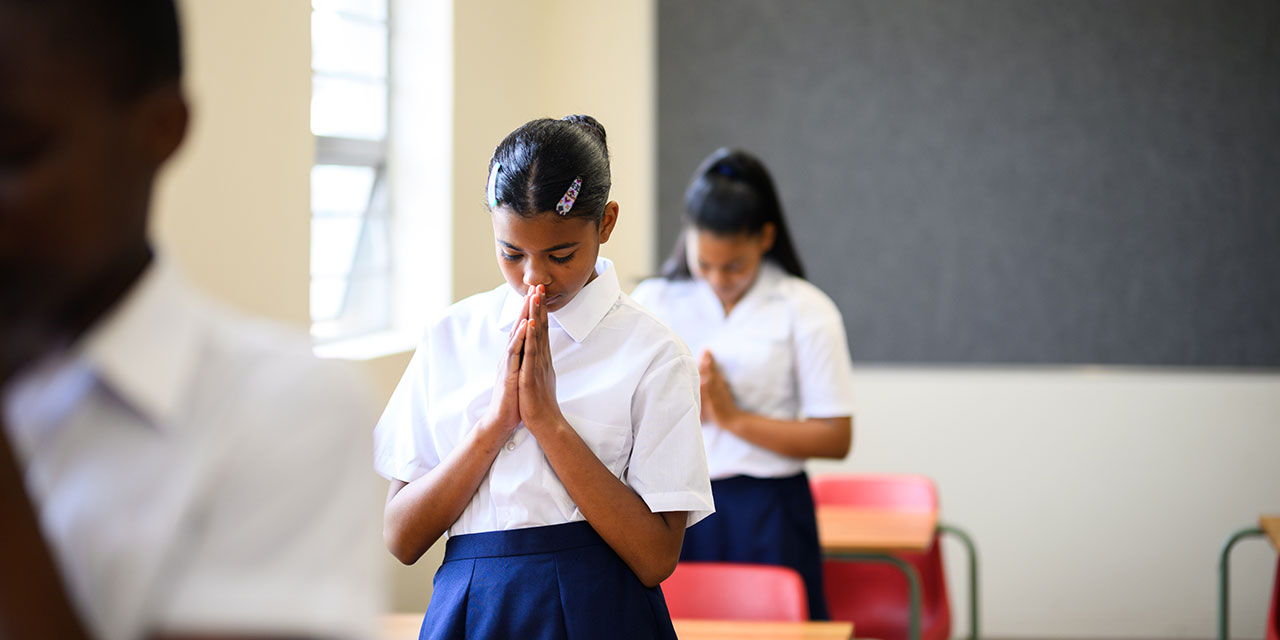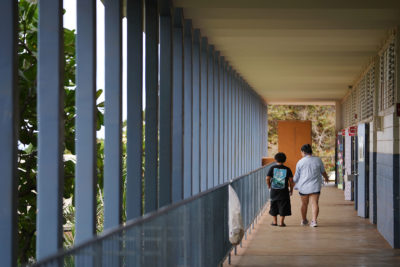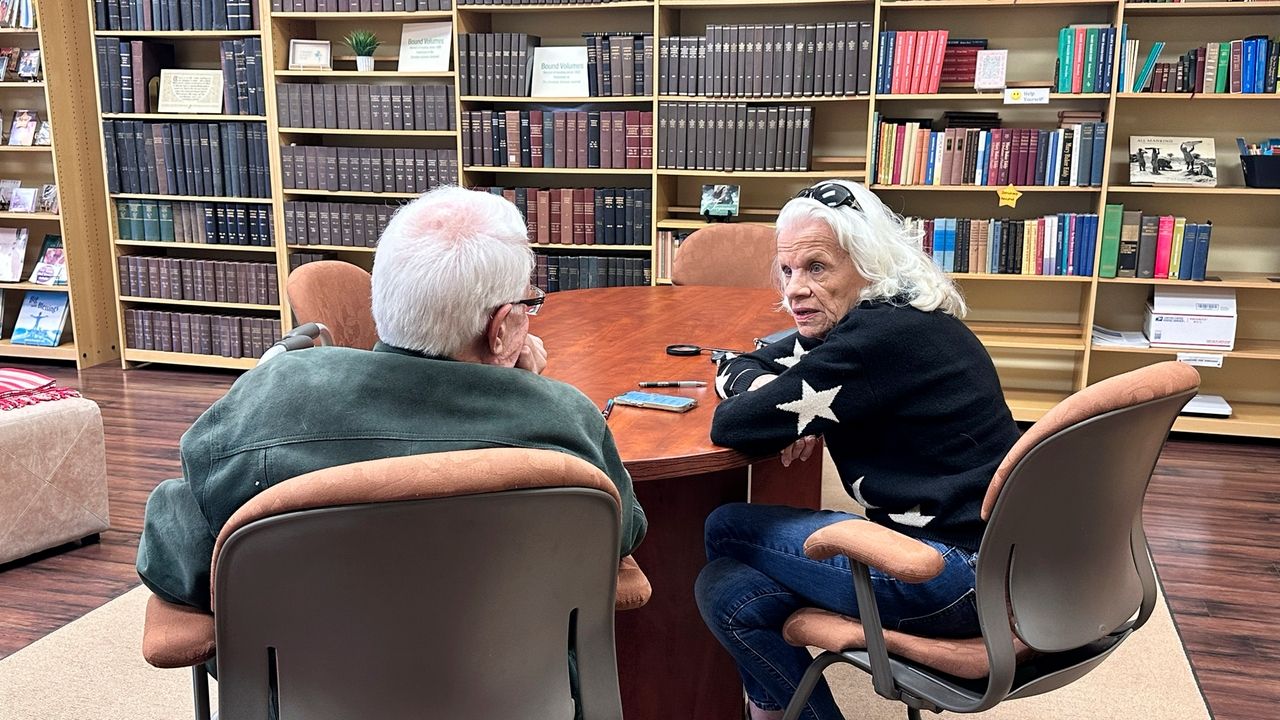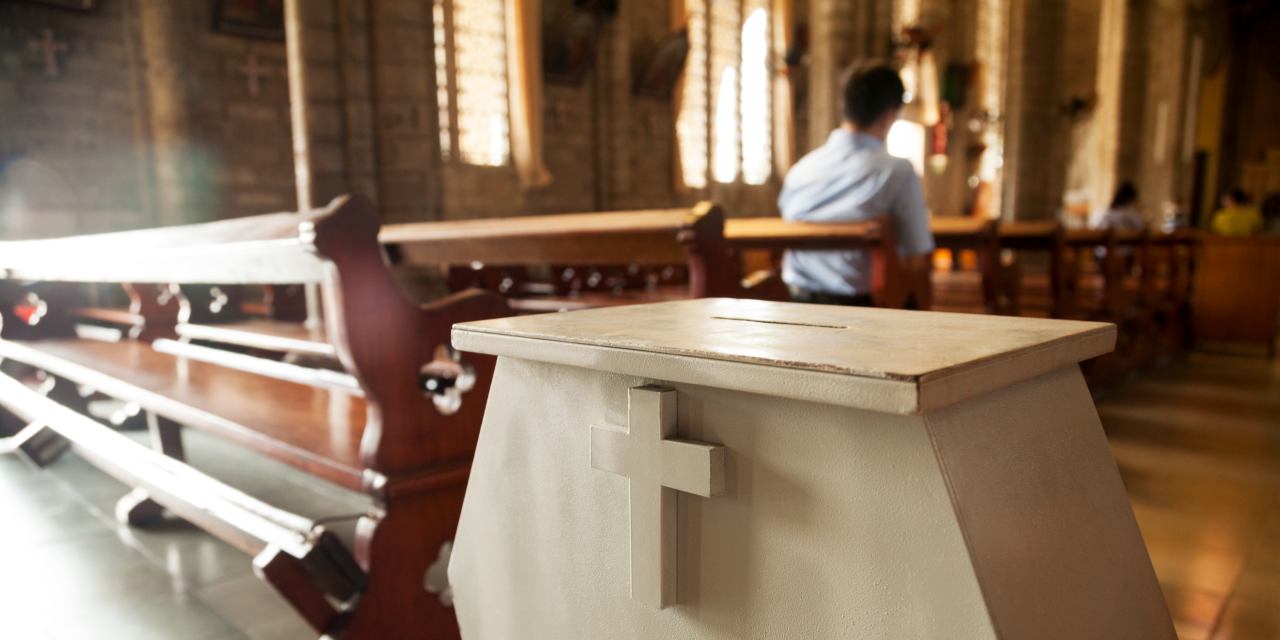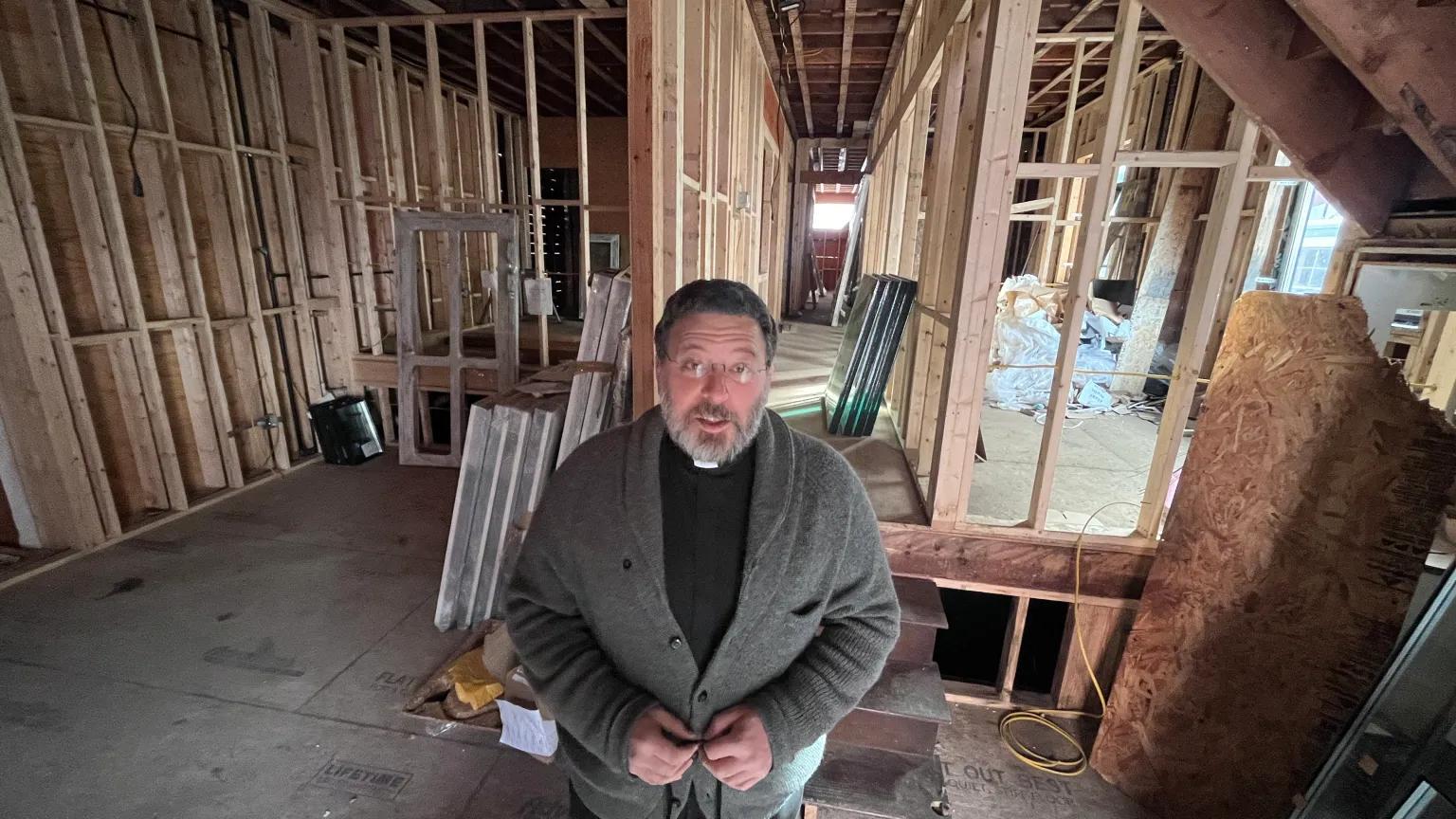Religion
2025-04-07 02:15:10
Content
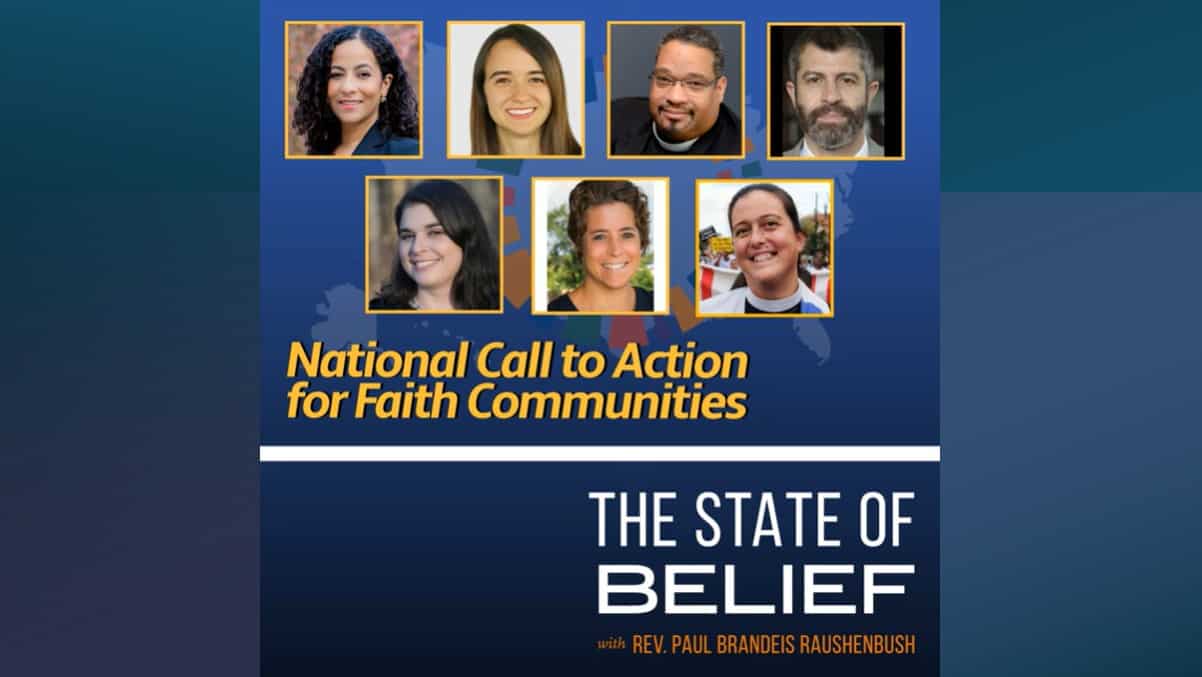
Faith, Hope, and Resilience: A Tapestry of Global Stories
US Interfaith Alliance Challenges Trump Administration
In a powerful stand for religious freedom and social justice, the US Interfaith Alliance has mobilized faith communities to resist controversial policies of the Trump administration. The organization is calling on religious groups across the nation to unite and defend core principles of inclusivity and compassion.
Pope's Unexpected Vatican Appearance Sparks Excitement
Pope Francis made a surprising and heartwarming public appearance at the Vatican, delighting followers and capturing global attention. The spontaneous moment underscored the pontiff's commitment to connecting directly with people and spreading messages of hope.
UK Poll Reveals Growing Tensions Over Gaza Conflict
A recent poll has highlighted deepening concerns about the Gaza conflict's potential to strain social cohesion in the United Kingdom. The survey suggests that the ongoing tensions are creating significant challenges for community integration and mutual understanding.
Auschwitz Survivor's Emotional Reunion with Looted Book
In a profoundly moving story of resilience, a 103-year-old Auschwitz survivor has been reunited with a book that was stolen by Nazis during the Holocaust. This powerful moment symbolizes hope, healing, and the enduring human spirit in the face of unimaginable adversity.
Faith, Politics, and Global Tensions: A Comprehensive Exploration of Religious Dynamics
In an increasingly complex global landscape, religious institutions and faith communities find themselves navigating intricate political, social, and humanitarian challenges that test their resilience, moral authority, and capacity for meaningful engagement.
Navigating Turbulent Waters: Faith's Role in Contemporary Geopolitical Discourse
Interfaith Resistance and Political Confrontation
The US Interfaith Alliance has emerged as a pivotal force in challenging governmental policies that potentially undermine religious pluralism and constitutional principles. By mobilizing diverse faith communities, the organization represents a sophisticated resistance strategy against perceived authoritarian tendencies. Religious leaders are increasingly recognizing their collective power to influence political discourse, transcending traditional denominational boundaries and creating unprecedented coalitions dedicated to protecting democratic values.
Grassroots movements within religious networks are demonstrating remarkable adaptability, employing sophisticated communication strategies and leveraging social media platforms to amplify their message. These efforts highlight the evolving role of faith-based organizations in contemporary political activism, where moral conviction intersects with strategic political engagement.
Vatican Diplomacy and Papal Visibility
Pope Francis's unexpected public appearance at the Vatican signals more than a mere ceremonial moment; it represents a nuanced communication strategy designed to reassert the Catholic Church's global relevance. In an era of declining institutional trust, such spontaneous interactions serve to humanize ecclesiastical leadership and reconnect with global congregations.
The pontiff's strategic visibility reflects a broader ecclesiastical approach of transparency and accessibility, challenging traditional perceptions of papal remoteness. By making surprise appearances, Francis continues to break institutional protocols, symbolizing a transformative approach to religious leadership that prioritizes direct human connection over ceremonial distance.
Societal Integration and Religious Tensions
Recent polling data revealing growing disillusionment in the United Kingdom exposes the fragile nature of multicultural integration, particularly in the context of complex geopolitical conflicts. The Gaza situation has become a critical lens through which communities examine their social cohesion, challenging long-established narratives of peaceful coexistence.
These tensions underscore the intricate relationship between global conflicts, religious identities, and domestic social dynamics. The erosion of trust between different community segments represents a significant challenge for policymakers and social architects committed to maintaining inclusive, harmonious societies.
Historical Memory and Reconciliation
The remarkable story of a 103-year-old Auschwitz survivor reuniting with a book looted during the Holocaust represents a powerful testament to human resilience and the enduring quest for historical justice. Such narratives transcend mere personal recovery, embodying broader themes of memory, restoration, and collective healing.
This extraordinary encounter symbolizes the ongoing process of confronting historical traumas, demonstrating how individual stories can illuminate collective experiences of suffering, survival, and eventual reconciliation. The preservation of historical artifacts becomes a profound act of remembrance, connecting past generations with contemporary understanding.
Emerging Paradigms of Religious Engagement
Contemporary religious landscapes are characterized by unprecedented complexity, where traditional boundaries between faith, politics, and social movements become increasingly blurred. Religious institutions are being compelled to reimagine their roles, balancing doctrinal integrity with responsive, contextually sensitive approaches to global challenges.
The intersectionality of religious experience demands nuanced, multidimensional understanding that moves beyond simplistic categorizations. Faith communities are simultaneously sites of profound spiritual meaning and dynamic social laboratories where broader societal transformations are negotiated and enacted.

